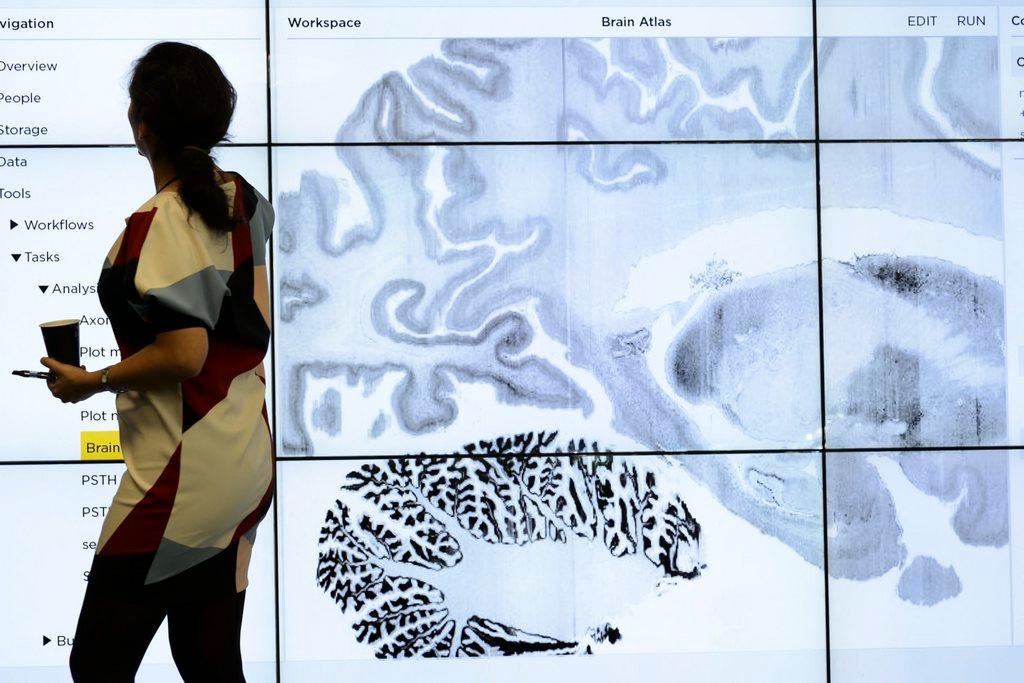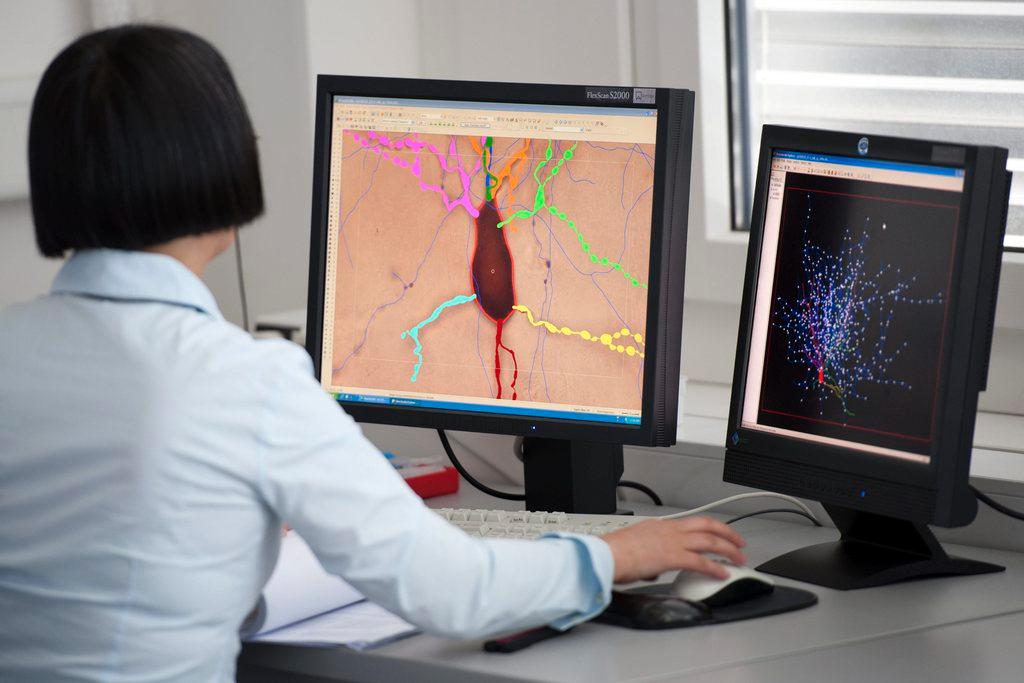Being generous makes you feel happier, a study reveals

Generous behaviour really does make you happier, new research by Zurich neuroscientists has found. Even just promising to be more generous can trigger a change in our brains that makes us happier.
Scientists from Zurich UniversityExternal link have been examining how brain areas communicate to produce the so-called “warm glow” feeling of wellbeing and satisfaction that results after performing an altruistic act.
In their experiments, they found that people who behaved generously were happier afterwards than those who behaved more selfishly. However, the amount of generosity did not influence the increase in contentment.
The team carried out an initial test on 50 people divided into two groups: ‘generous’ and ‘selfish’ individuals. Half were given the task of thinking about how they’d like to spend CHF100 on themselves over the next month. The other half were told to think about how they’d like to spend it on someone else. They took a test to measure their subjective level of happiness before and after the experiment.
The people who were told to spend the money on others had a bigger mood boost than the group who had planned more treats for themselves.
Immediately after this test, the participants took part in another experiment. They were put in an fMRI scanner and their brain activity was measured while they were asked questions about how to distribute money between themselves and someone else they knew.
They were given the chance to accept offers such as giving their chosen person a present of CHF15 even if it cost them CHF20. The people who had been in the ‘generous’ group in the first experiment tended to be more generous in this activity.
The scans revealed the brain areas that were most active during altruistic acts. The area associated with generosity – the temporo-parietal junction – and an area associated with happiness – the ventral striatum – both reacted strongly during the scans. The activity of the two regions also synchronised.
In their study, published on Tuesday in Nature CommunicationsExternal link, the authors wrote: “In everyday life, people underestimate the link between generosity and happiness and therefore overlook the benefits of prosocial spending. When asked, they respond that they assume there would be a greater increase in happiness after spending money on themselves and after spending greater amounts of money.”
“Our study provides behavioural and neural evidence that supports the link between generosity and happiness. Our results suggest that, for a person to achieve happiness from generous behaviour, the brain regions involved in empathy and social cognition need to overwrite selfish motives in reward-related brain regions. These findings have important implications not only for neuroscience but also for education, politics, economics and health.”
The researchers were especially surprised that simply promising to behave generously activated the altruistic part of the brain and increased interaction between this area and the part associated with happiness.
“You don’t need to become a self-sacrificing martyr to feel happier. Just being a little more generous will suffice,” said Philippe Tobler, who worked on the project with Ernst Fehr from the Department of Economics at the University of Zurich.
“It is remarkable that intent alone generates a neural change before the action is actually implemented.”

More
Switzerland one of the happiest nations

In compliance with the JTI standards
More: SWI swissinfo.ch certified by the Journalism Trust Initiative











You can find an overview of ongoing debates with our journalists here . Please join us!
If you want to start a conversation about a topic raised in this article or want to report factual errors, email us at english@swissinfo.ch.